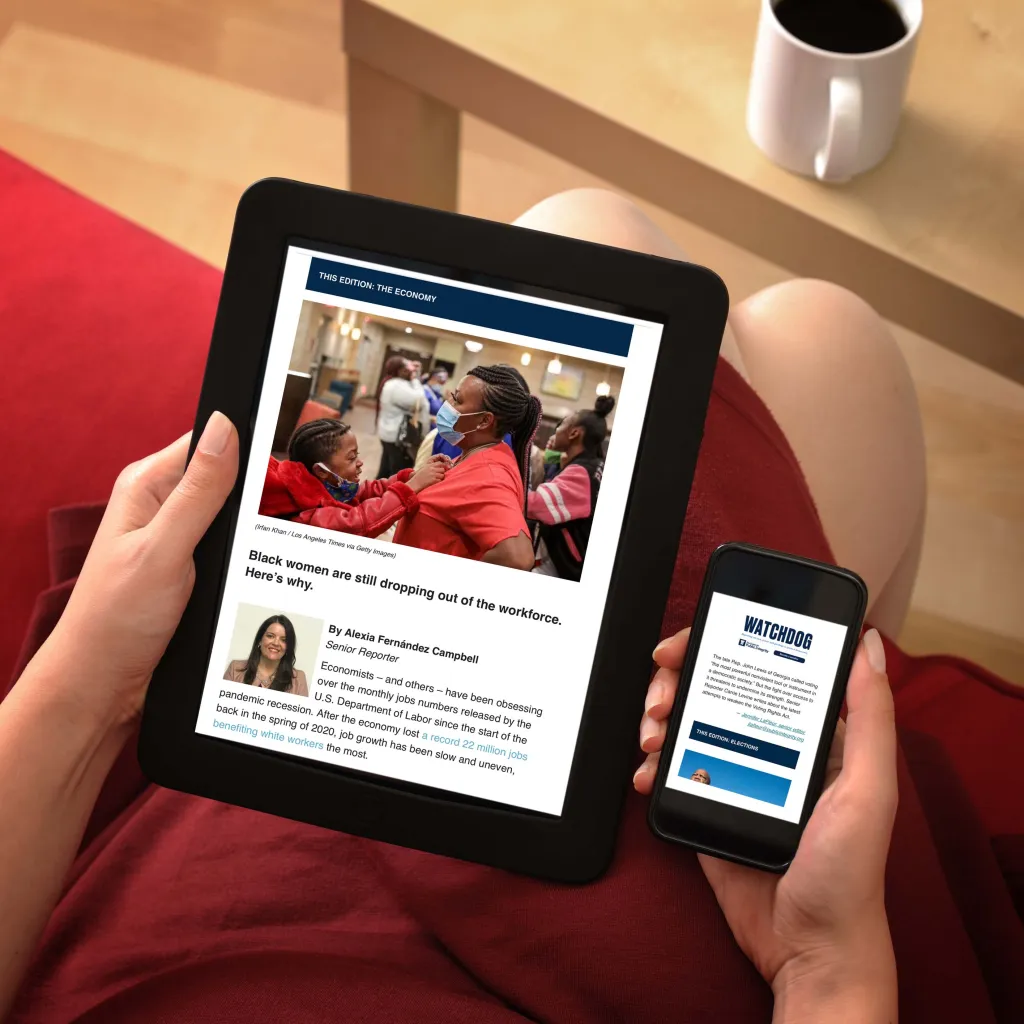Even though West Virginia Secretary of State Mac Warner claims that the 2020 presidential election results were “fair” in his state, he questions the results in other states and has used former President Donald Trump’s claims about voter fraud to justify changes advocates fear will suppress voter turnout.
Earlier this year, the West Virginia state legislature followed a Republican playbook used in other states by increasing penalties for violating election laws. HB 4311 created new felony offenses for anyone who knowingly votes more than once for the same election, votes when they were unauthorized to do so or alters someone else’s ballot without the consent or knowledge of the voter. Previously, those offenses were classified as misdemeanors.
Additionally, the legislature passed HB 4299, which creates a misdemeanor offense of election interference for any person who “physically interferes” with a voter’s travel to a polling place.
The law states that anyone simply “delaying” a voter is guilty of the offense. It is vague enough that advocates fear it leaves space for the law to be used against organizers.
West Virginia has faced low voter turnout in recent years.
In 2020, 58% of eligible voters voted in the general election, 48th among U.S. states, according to data from MIT’s Election Performance Index.
And that was up from previous elections, driven partly by expanded access to absentee voting during the pandemic. In West Virginia, voters can request an absentee ballot only if they meet certain requirements. Valid excuses include illness or injury that keeps the voter confined, physical disability, incarceration, work hours that make in-person voting impossible, personal business or travel, college attendance, and temporarily living outside of a voter’s home county.

About this series
This project looks at the state of voting access, voting rights and inequities in political representation in all 50 states and Washington, D.C.
For the 2020 election, voters could list pandemic concerns as a reason for requesting an absentee ballot. This year, residents can vote absentee if they are quarantining because they have COVID-19, but can no longer use the general fear of exposure to it as an option for the upcoming midterm election and future voting.
And in November, West Virginians may have to confront another problem getting to the ballot box: a lack of poll workers.
The West Virginia legislature aimed to address the problem by enacting SB191 earlier this year. The bill gives communities the flexibility to allow poll workers to work a half day, which might be more doable for some people considering volunteering.
A lack of poll workers can result in long wait times, disenfranchising otherwise eligible voters who need to return to work, take care of children or struggle physically.
West Virginia requires employers to give three hours of paid time off for employees to vote, but only if certain criteria are met. The employee needs to have requested the time off in writing at least three days before Election Day and the employee needs to show that they do not have three hours before or after work to vote.
West Virginia does allow early, in-person voting starting the 13th day before an election through the third day before, during regular business hours during the week and from 9 a.m. to 5 p.m. on Saturdays during that period.


